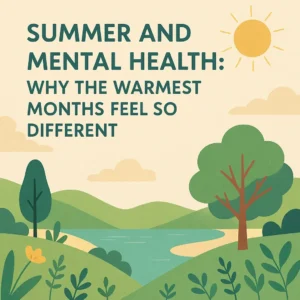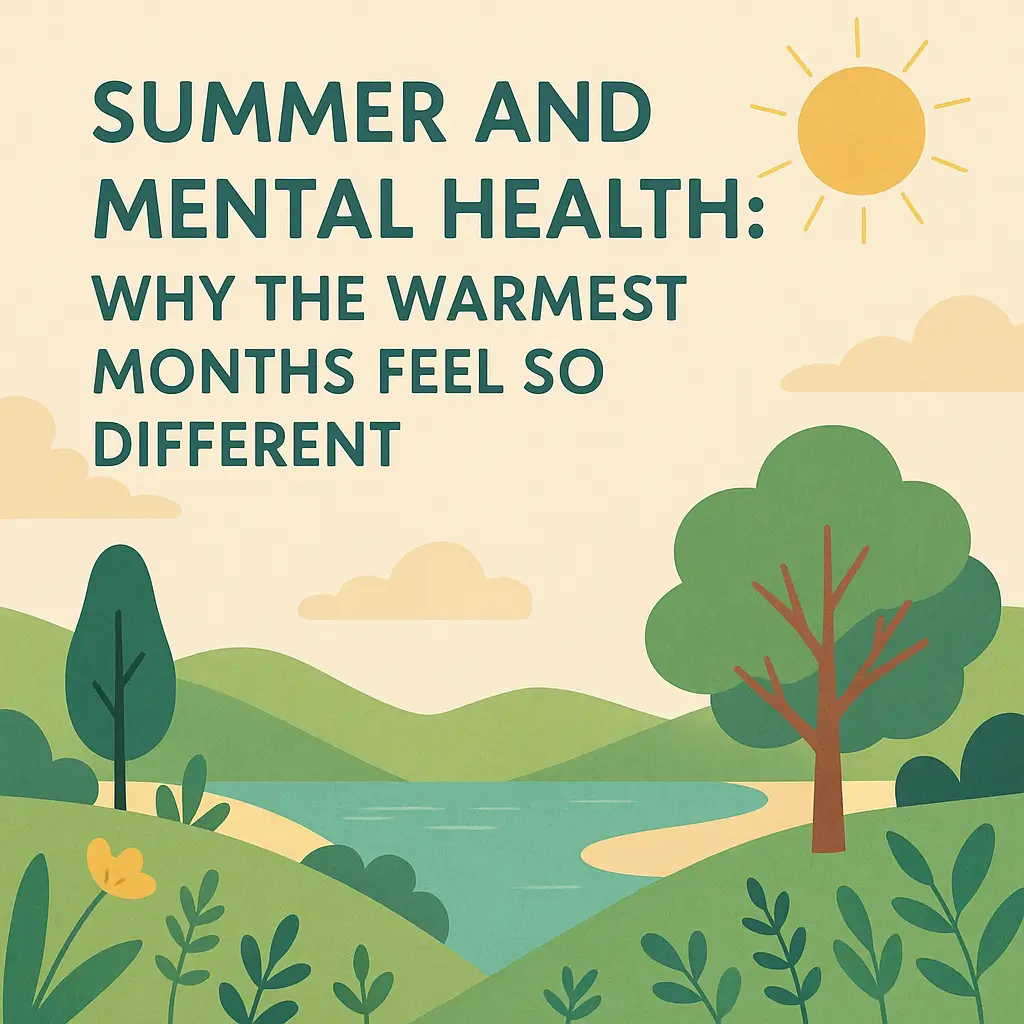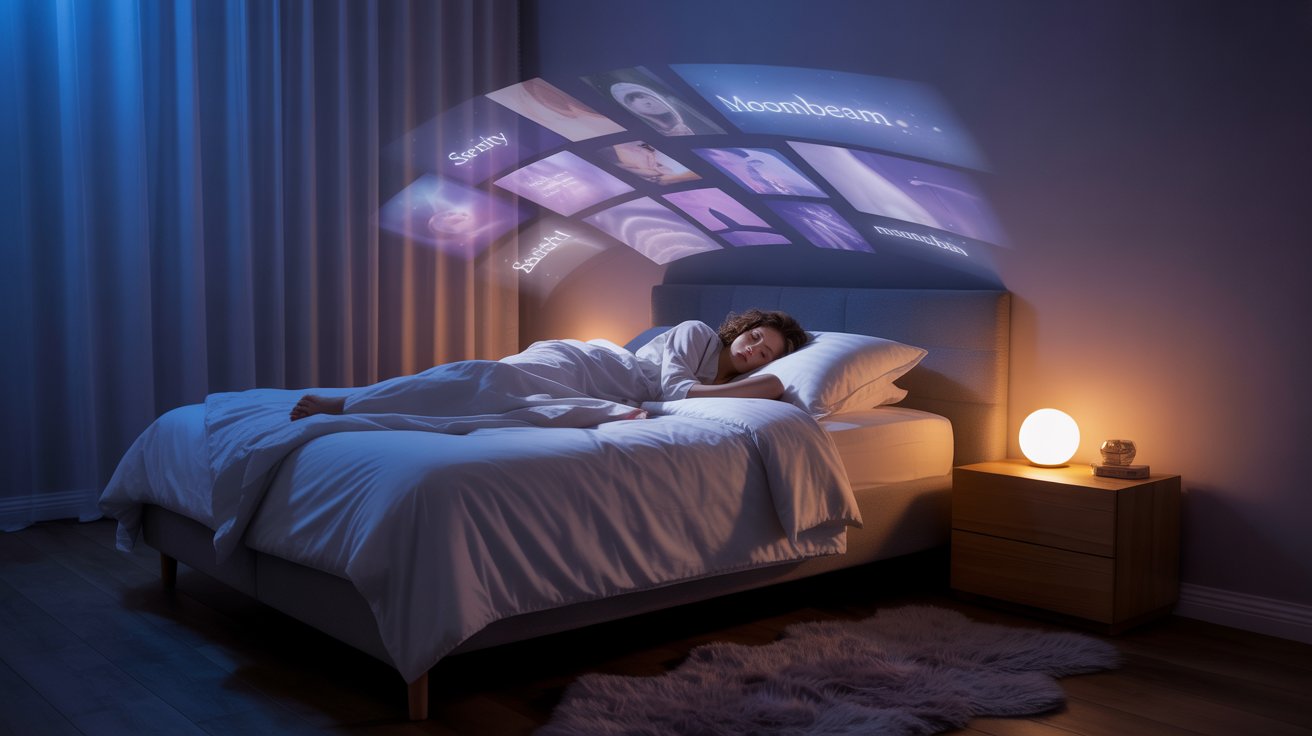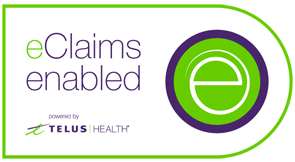Breaking patterns, coming out of burnout and living a minimalist life. There is a self-help book available for every subject, but does reading these books help?
Self-help books are designed to solve or alleviate problems without the intervention of others. In particular, these books focus on answering a particular question about, for example, mental health.
Ideas from self-help books are usually based on scientific research. Self-help books translate evidence-based findings into skills people can try at home. Books about increasing self-confidence and physical, mental and social well-being are very popular these days.
Using Positive psychology, you can learn how you can increase your well-being, in addition to a possible reduction of complaints. But a decrease in complaints does not necessarily lead to higher well-being, and higher well-being does not automatically lead to fewer complaints.
Promises are not an Indication of Quality.
Self-help books sometimes make promises that result in disappointments. One study looked at the results of a self-help book about Happiness. Three months after finishing the self-help book, about 5% of the participants continued to feel happy. It’s a modest effect, but it’s there.
Reading a book from A to Z is unnecessary to achieve such an effect. Approach it like a travel guide. Browse through it, pick something out and try it out. Sometimes it works and sometimes it doesn’t.”
Negative Effects
A self-help book can also have adverse effects and even side effects just like medication. For example, while reading a self-help book about relationships, you end your current relationship, and after a few weeks, you regret ending your relationship.
Don’t Expect Magic
Too little research has been done to state that every self-help book has the desired effect on everyone. People who want to start a self-help book should in any case not expect a miracle or magic.
Make you research the author by learning more about the background of the author. Take what you read in self-help books seriously, but laugh if it doesn’t work out. Keep an eye on how relative your attempts are and how feasible your wishes are. Something doesn’t always have to be good or bad. Be satisfied with what you have now and see what’s already going well before you change anything.
Guided Self-Help
A better way of using self-help books is to do such under the guidance of a mental health professional. For example, you can discuss the results of using self-help book skills with bi-weekly checking-in sessions. You can look at barriers and difficulties and discover how to individualize the skills you are trying to implement. At La Ronge Counselling, this type of guided self-help is currently available. Book an intake and select the option “self-help Guidance.”















